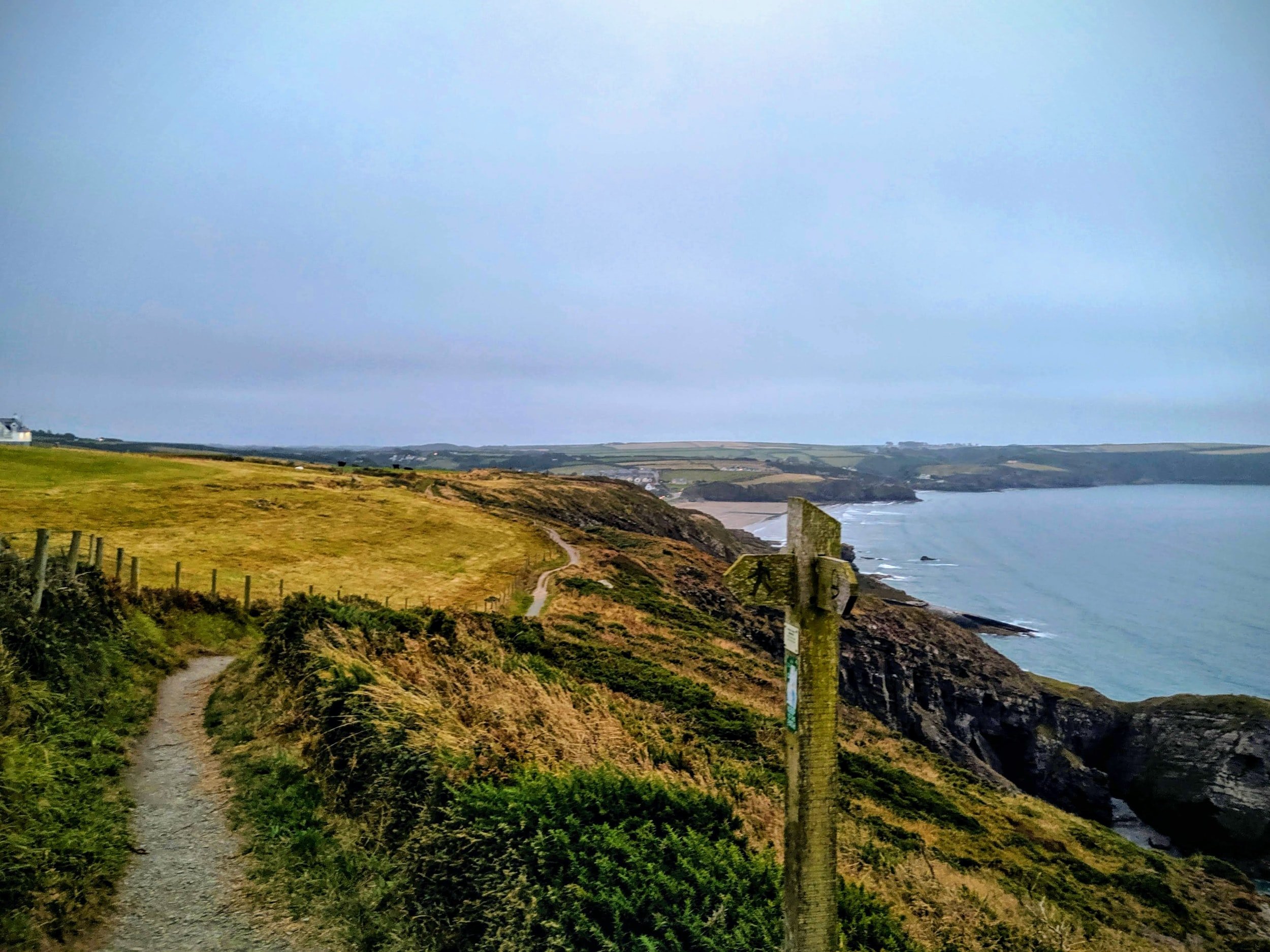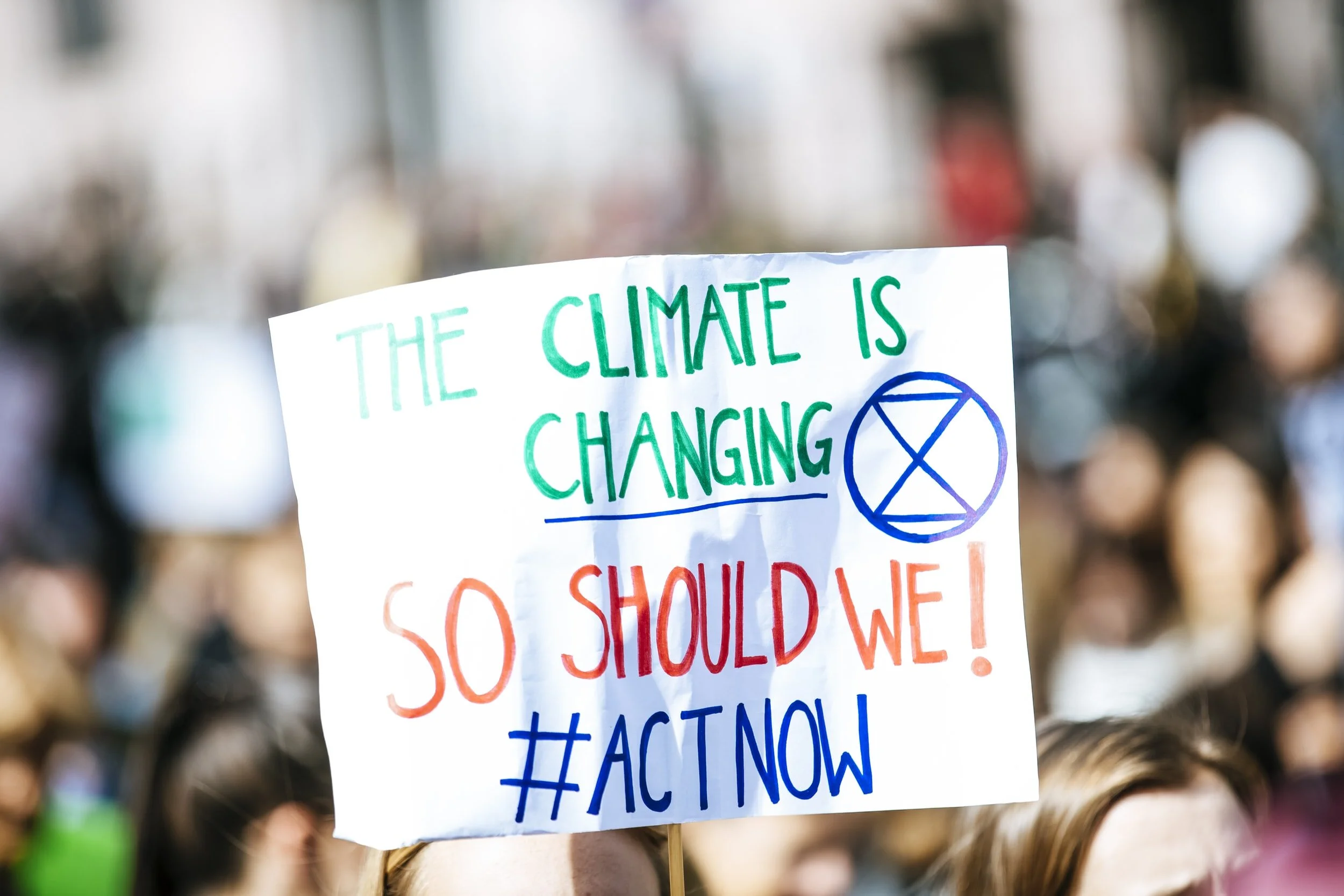Teaching climate change in schools
Author: Jenni Willmott: animal lover, scuba diver and conservationist
Read time: 5 minutes
Flooglebinder curate educational adventures to create change for people and planet, which includes audits, workshops and residentials. As a BCorp organisation we use business as a force for good, meet the highest standards of verified performance, accountability and transparency, whilst tracking and monitoring our social and environmental impact.
By integrating sustainability, teaching climate change in schools. and adapting everyday routines we can help shape future Gamechangers
Think global, act local.
As young people, we may often feel like we’re fighting a losing battle when it comes to climate change, believing that the damage may have already been done but our efforts are still very important and teaching climate change in schools is essential! Our generation is crucial in slowing down the negative impacts on the environment and our voices have the power to make change happen. Teaching climate change in schools is essential to give students (and the wider community) the knowledge and tools needed to make a difference.
By understanding the global impacts of our actions we are able to think about how small behaviours in our day-to-day lives create change at a global level. I.e. Our meat and dairy consumption.
I asked the founders how Flooglebinder tackles this and here is what they said:
"It is crucial for all of us to be globally-minded and at Flooglebinder we believe that through conservation and sustainable adventures students are re-connected to the natural world. In doing so they fall in love with incredible places and beautiful communities and therefore want to protect them and become environmental stewards."
It all began for me as a student, I studied animal behaviour and twinned this with my huge passion for marine conservation. My course inspired me to do more and we were actively encouraged to get hands on, I subsequently joined a project in Thailand to actively get involved with coral reef restoration and turtle hatchery programmes. I was always inspired by the exciting and adventurous career pathways that gave back somehow. I appreciate, in retrospect, how lucky i was to have the opportunity, not everyone can partake in these adventures or travel etc. But the essence of these change making adventures is translatable into more achievable and every day projects.
We have had a think through some of the initiatives we have seen or introduced into our own schools that have had great engagement/traction with students and are achievable:
Setup or join the eco-club: awareness is crucial and starting with a small team and setting up some goals and targets is a great place to start.
Run campaigns: such as no single-use plastics, meat-free menus and reusable water bottles: once you have your group established you can start to see where improvements can be made. Talking to various stakeholders is crucial to increase engagement and create some momentum.
Run surveys: to engage all stakeholders: data is key to helping you make progress and presenting this to the powers that be can be crucial in allowing certain campaigns to go ahead. It shows that you’ve engaged with your audience and know what they want.
Set targets and goals: all targets, big and small, are vital to keep track of. You need to see how and where you’re moving forward and this will keep you on track for the end goal.
Write to your local MP: again it’s all about raising awareness and there is a huge demand for good news right now, especially around sustainability. So, make sure you tell everyone what you’re doing in around your local community and telling your MP is a pretty good place to start.
Promote car sharing: and sustainable travel alternatives (ie cycling and walking): this is such a great way for everyone to start making changes and reduce their carbon footprint. It’s also great to bring the community together.
Assess recycling bin placement and signage: simplicity and convenience are key. If it’s complicated, not visible or there is confusion about what goes in what bin then people will lose interest and this could be devastating. One wrong time in a bag could contaminate the whole bag and then all the good has gone to waste...literally!
Reduce food waste: this is one of the biggest issues in schools and is a huge sustainability issue from social to environmental and, interestingly, an economic perspective. If you can show the decision makers that a sustainable menu can save thousands of pounds then you’re onto a win.
Explore and protect biodiversity within the school: it’s amazing what we find when we actually look and this can be a great way to engage people by showing them what’s right on their doorstep.
Something that might just start as a small school campaign, could have the potential to reach a wider audience, spreading the word about conservation and sustainability, and using social media in a positive way. Such change could be as simple as a local beach or park clean up. This not only has an immediate positive impact on the environment but can encourage others to do the same and have a ripple effect in other areas of their life. Spreading the message of conservation and sustainability in your local area is something that Flooglebinder believes very strongly about and is always keen to get on board with campaigns that aim to make positive change happen.
As well as staying tuned to our own resources, Flooglebinder Field Notes, for inspiration, activities and support, there are many additional places to get useful ideas and tips to motivate you to do your part in helping the environment. One group we enjoy checking in on is ‘Surfers Against Sewage’; one of the UK’s largest growing and most successful environmental charities. SAS runs a number of campaigns and pledges that students can get involved in, they even encourage others to start their own projects. Their ‘Plastic Free Communities’ campaign is one that can be student-led in schools, helping to educate and inspire the next generation of conservationists.
At Flooglebinder we are always looking at weaving smaller initiatives into our everyday and setting an example. We pride ourselves on being extremely plastic-conscious, both on our trips and in our everyday lives. Sadly, around 100,000 marine mammals and turtles, and 1 million seabirds, are killed each year by plastic pollution, so it is something that seriously needs to be changed, now. Check out this article to find out more about marine animals. It includes research from Plymouth Uni and states that 100 million marine mammals are killed each year due to plastic pollution.
Our reusable water bottles and bamboo cutlery are just one step in helping reduce the use of single-use plastics. It is normal to question if our individual actions make a difference but pause to imagine if every student in the country went ‘plastic free’...what a significant impact that would have on our oceans and our planet.
Based on stats from Our World in Data we calculated how much plastic we would save in a day if all students in the UK stopped using plastic:
2.38m (students in the UK) x 0.21kg (plastic waste per person per day)= 499,800kg
“That's 500 tonnes and equivalent to 500 baby humpback whales worth of plastic”
Positive steps taken within a school to help protect the environment can have a huge impact on a global level, so why not get started now?!
Many scientists believe that we are currently entering the sixth mass extinction, which is a very scary thought! However, there is hope!
Evidence shows that if we change now we still have time to reduce the impacts of climate change before it is too late and irreversible. According to Climate Clock we have less than 8 years to achieve net-zero: https://climateclock.world/.
Climate change as a whole may seem like an unreachable task but by focusing on your local wildlife and environment you can make a huge difference. Just by consciously doing what you can to help, whether that be through: civil actions, such as volunteering; or maybe just at home in your garden, such as planting pollinator-friendly plants; or using metal straws; bamboo cotton buds; switching to a dairy alternative; or reducing meat consumption, can make a massive difference.

































